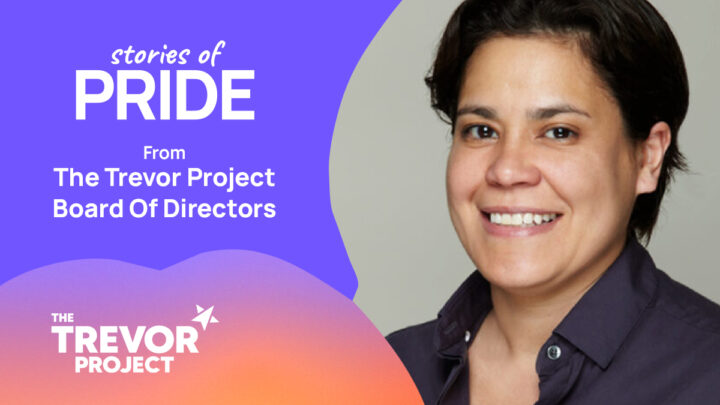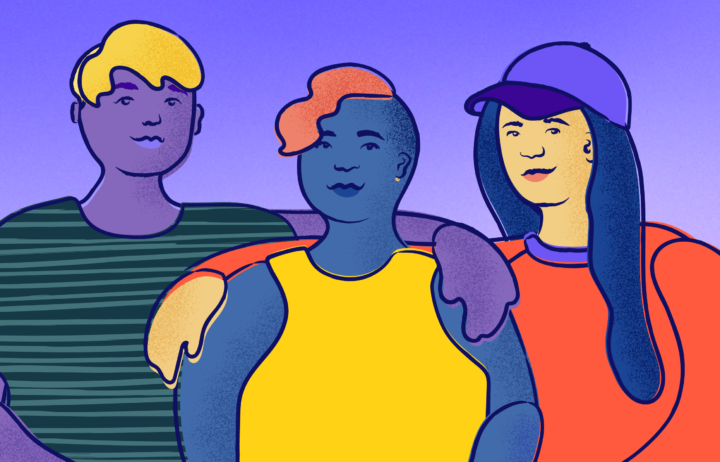Youth's Lives Every Day
Aromantic Spectrum Awareness Week is a great opportunity for all of us (aromantic or otherwise) to learn more about aromanticism, and to dust off any cobwebs of misconception around what it means to be aromantic.
It’s important to define what it means to be aromantic: Aromanticism is a romantic orientation that describes people who do not experience romantic attraction. This does not mean that aromantic people do not experience any kind of attraction at all; they may still experience platonic, aesthetic, or sensual attraction. Being aromantic is not a choice, like any other orientation. Aromantic people are perfect exactly as they are. They are just as capable of relationships, love, or intimacy, and can form deep and meaningful connections with other people, in relationships or otherwise.
Aromantic people can have a wide range of experiences, just like people of any other orientation. Some aromantic people might not experience romantic attraction at all, while others might experience it very rarely. Some aromantic people might be content with platonic relationships, while others might seek out romantic relationships with little or no attraction. Aromantic folks can also be in romantic relationships, while not experiencing what others might understand to be romantic attraction.
There’s a nuance that separates aromanticism from asexuality, which is a sexual orientation that describes people who do not experience sexual attraction. Not all asexual people are aromantic and vice versa. It’s important to note the difference between romantic and sexual attraction. Asexual people can experience romantic attraction and can have romantic relationships, while aromantic people can have sexual attraction and have sexual relationships.
Ace is a shortened term that can be used to refer to both asexual and aromantic people, but it’s important to remember that it’s not a blanket term that applies to everyone who identifies as asexual or aromantic. Aroace may refer to someone who identifies as both asexual and aromantic.
Our research is constantly exploring the variety of identities that live under the Ace umbrella. In a Trevor Project study of over 40,000 LGBTQ+ young people, 10% identified as asexual or ace spectrum. When given additional options to describe their sexual orientation, asexual youth further selected demisexual (15%), polyamorous (9%), and greysexual (9%). And consistent with previous research, many asexual youth also selected romantic attraction labels such as panromantic (20%), biromantic (17%), and aromantic (13%). Asexual youth reported higher rates of depression and anxiety compared to the overall LGBTQ+ sample. The Trevor Project research shows the power of affirming support systems to reduce suicide risk, showing the power of knowledge and acceptance to validate those on the Ace spectrum.
Aromantic Spectrum Awareness Week is a great time to examine our relationships more deeply. How can we be our most authentic selves and help other people be theirs? We’re building a world where nobody should ever have to feel pressured into being someone they’re not or feeling something they don’t feel. We at The Trevor Project celebrate the diversity of romantic orientations and experiences, and are always here 24/7 to help you understand complicated or distressing feelings. In the meantime, our research can help clear up misconceptions and help lead to a world where everyone can be themselves. to celebrate all of those living authentically.
Ryan Bernsten is Senior Managing Editor at The Trevor Project, a suicide prevention and mental health organization for lesbian, gay, bisexual, transgender, queer & questioning (LGBTQ+) young people.


